CONTACTAbout UsCAREER OPPORTUNITIESADVERTISE WITH USPRIVACY POLICYPRIVACY PREFERENCESTERMS OF USELEGAL NOTICE
© 2025 Equal Entertainment LLC.
All Rights reserved
All Rights reserved
By continuing to use our site, you agree to our Privacy Policy and Terms of Use.
We need your help
Your support makes The Advocate's original LGBTQ+ reporting possible. Become a member today to help us continue this work.
Your support makes The Advocate's original LGBTQ+ reporting possible. Become a member today to help us continue this work.
The Department of Justice released a brief this week in Log Cabin Republicans v. Defense Secretary Robert Gates, a case brought by the gay GOP group against the "don't ask, don't tell" policy. The DOJ, through assistant attorney General Tony West, used 18-year-old testimony from former Joint Chiefs of Staff Colin Powell to argue their case, testimony that Powell has since retracted. But that's not the only questionable defense used by the DOJ, says Nathaniel Frank, a senior fellow at the Palm Center military think tank.
In a deposition for the Log Cabin case, Frank offered testimony about the issue of privacy as it related to DADT. Frank, the author of Unfriendly Fire: How the Gay Ban Undermines the Military and Weakens America, says his testimony was wildly mischaracterized by the DOJ in their brief.
Frank spoke specifically about the privacy rational -- the argument that letting gays serve openly would compromise troop privacy and therefore undercut cohesion. "I said the first part of that may be true," Frank says. "That some service members may have privacy concerns."
Frank says a DOJ lawyer asked him if those concerns were irrational, since, as Frank put it, "the legal standard for showing if something is unconstitutional is, among other things, whether Congress had a rational basis for enacting the law."
"What I said was that certainly some service members have privacy concerns," Frank says. "I'm not calling those privacy concerns irrational, what's irrational is using those concerns to exclude [out] gays in order to preserve cohesion." There is no evidence that privacy concerns adversely affect cohesion, Frank told the lawyer.
He argues that he was very clear about his point -- that the concerns were not irrational, but using them as an argument to deny a right, such as military service, is.
Frank says the nuance of his argument was lost in the brief, and had his testimony used against him -- in the brief the DOJ said Frank's testimony acknowledged the privacy rationale as a legitimate basis for DADT.
"We were very clear," Frank says. "They elided [the testimony]. I'm not sure if they did that on purpose or if they are generally confused about that. I mean, these are smart government lawyers who are assigned to know the ins and outs of this policy."
To add insult to injury, the brief cited Frank as a military "expert," with the word expert specifically
put in quotations. "I found that very strange," Frank says. "I spoke to lawyers who said that is odd, indeed, and could easily be taken as an insult."
Nbroverman
From our Sponsors
Most Popular
Bizarre Epstein files reference to Trump, Putin, and oral sex with ‘Bubba’ draws scrutiny in Congress
November 14 2025 4:08 PM
True
Jeffrey Epstein’s brother says the ‘Bubba’ mentioned in Trump oral sex email is not Bill Clinton
November 16 2025 9:15 AM
True
Watch Now: Pride Today
Latest Stories
Gay 'Boots' star Miles Heizer says he's in the Out100 for playing 'a bald teenager on TV'
November 22 2025 3:11 AM
Kathy Griffin tells Out100 crowd, 'Become as politically engaged as you can'
November 22 2025 2:27 AM
Out100 2025: See all the fabulous red carpet looks from the star-studded event
November 21 2025 11:07 PM
Massive trans pride flag from national park becomes red carpet moment at Out100
November 21 2025 9:38 PM
Marjorie Taylor Greene, the anti-LGBTQ+ Republican congresswoman, to resign in January
November 21 2025 8:45 PM
Remembering the groundbreaking bisexual activist and author Loraine Hutchins
November 21 2025 6:51 PM
Trans people and people of color have been quietly erased from national caregiving plan
November 21 2025 3:13 PM
Southern states ban transgender books from YA and children's sections in libraries
November 21 2025 11:57 AM
How community 'goodwill' helped open a new shelter for LGBTQ+ young adults in Harlem
November 21 2025 11:06 AM
U.S. Coast Guard backtracks on acceptability of ‘potentially divisive’ swastikas & nooses
November 21 2025 10:27 AM
The South’s first out LGBTQ+ congresswoman is fighting a GOP effort to cut her out of Congress
November 21 2025 9:41 AM
New U.S. Coast Guard policy OK with some swastikas & nooses, but not transgender service members
November 20 2025 4:58 PM
True
What is 'The Bird Theory' and does it work for LGBTQ+ couples, too?
November 20 2025 4:20 PM
Trans National Guard member sues Trump admin over bathroom ban
November 20 2025 3:41 PM
America’s most basic HIV protections are in danger as a decade of progress unravels
November 20 2025 3:12 PM
Susan Powter says she's a 'huge lesbian,' gives her biggest bit of dating advice
November 20 2025 11:44 AM
Democrat Sarah McBride on her approach to expanding trans acceptance in Congress — and America
November 20 2025 10:44 AM
Trending stories
Recommended Stories for You

Neal Broverman
Neal Broverman is the Editorial Director, Print of Pride Media, publishers of The Advocate, Out, Out Traveler, and Plus, spending more than 20 years in journalism. He indulges his interest in transportation and urban planning with regular contributions to Los Angeles magazine, and his work has also appeared in the Los Angeles Times and USA Today. He lives in the City of Angels with his husband, children, and their chiweenie.
Neal Broverman is the Editorial Director, Print of Pride Media, publishers of The Advocate, Out, Out Traveler, and Plus, spending more than 20 years in journalism. He indulges his interest in transportation and urban planning with regular contributions to Los Angeles magazine, and his work has also appeared in the Los Angeles Times and USA Today. He lives in the City of Angels with his husband, children, and their chiweenie.










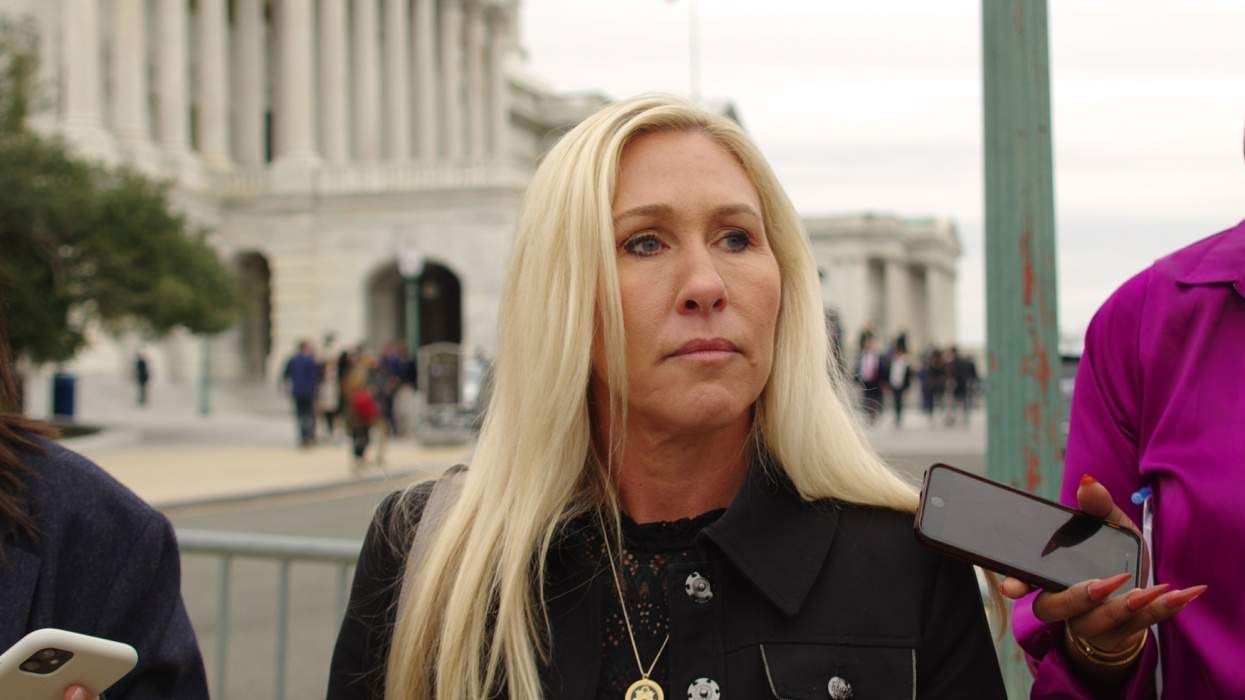
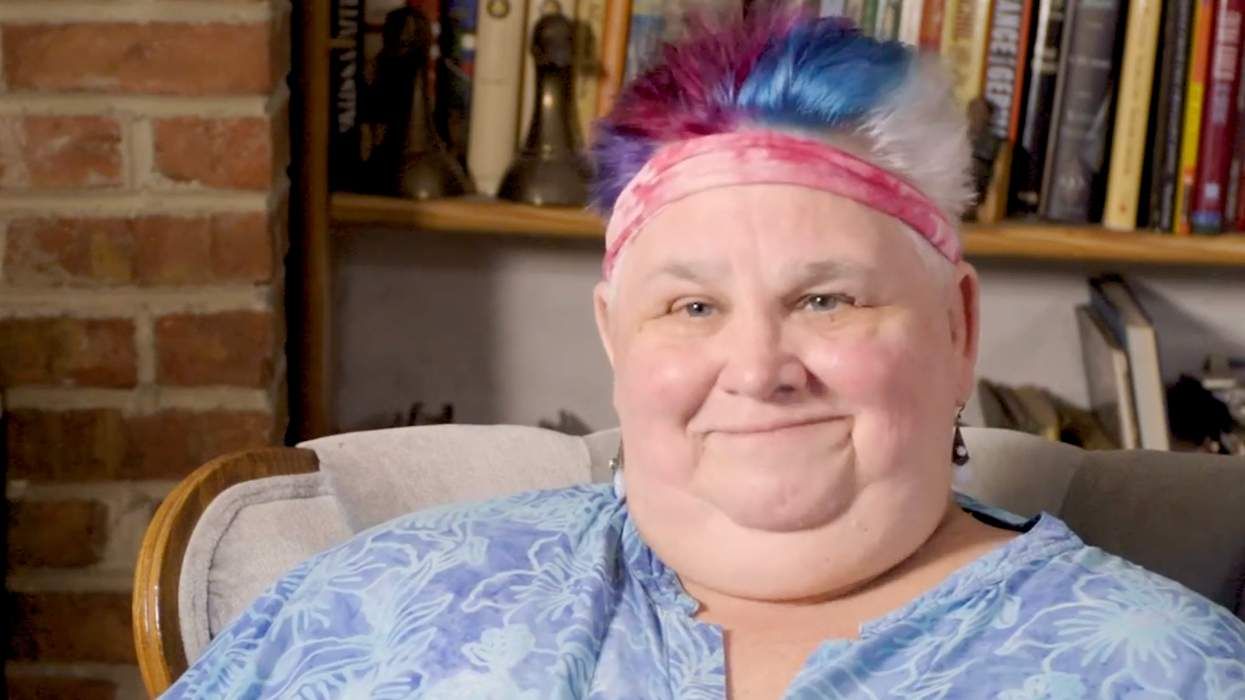

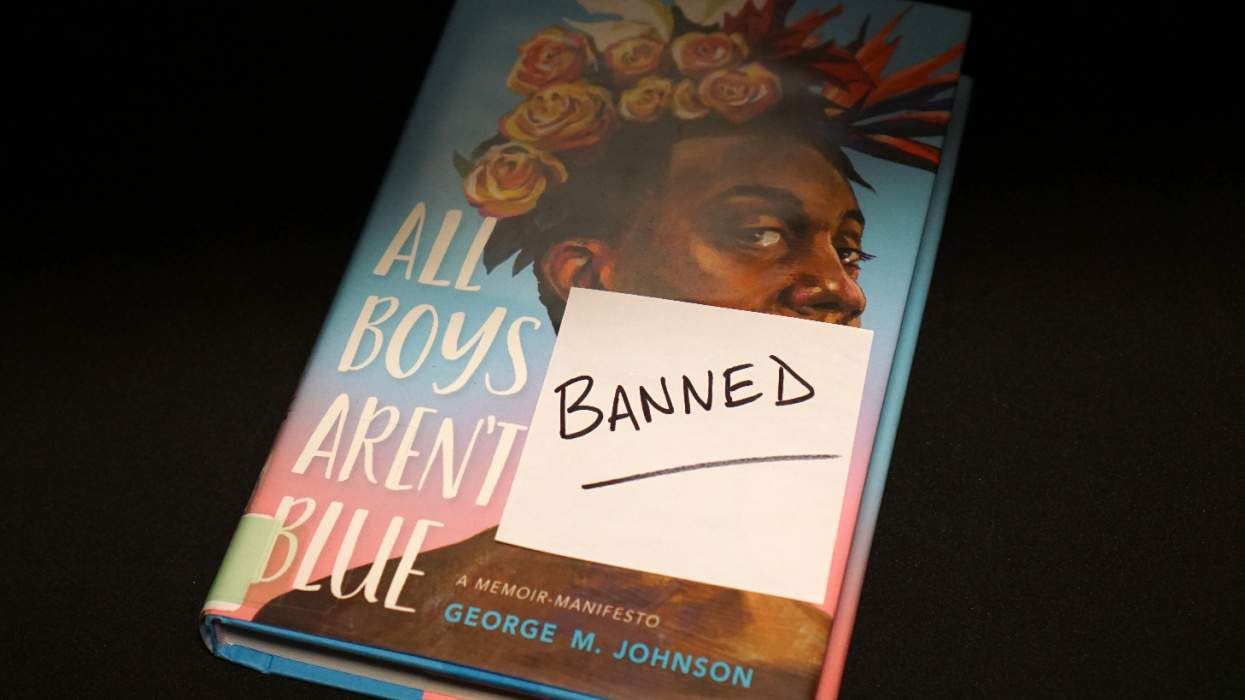


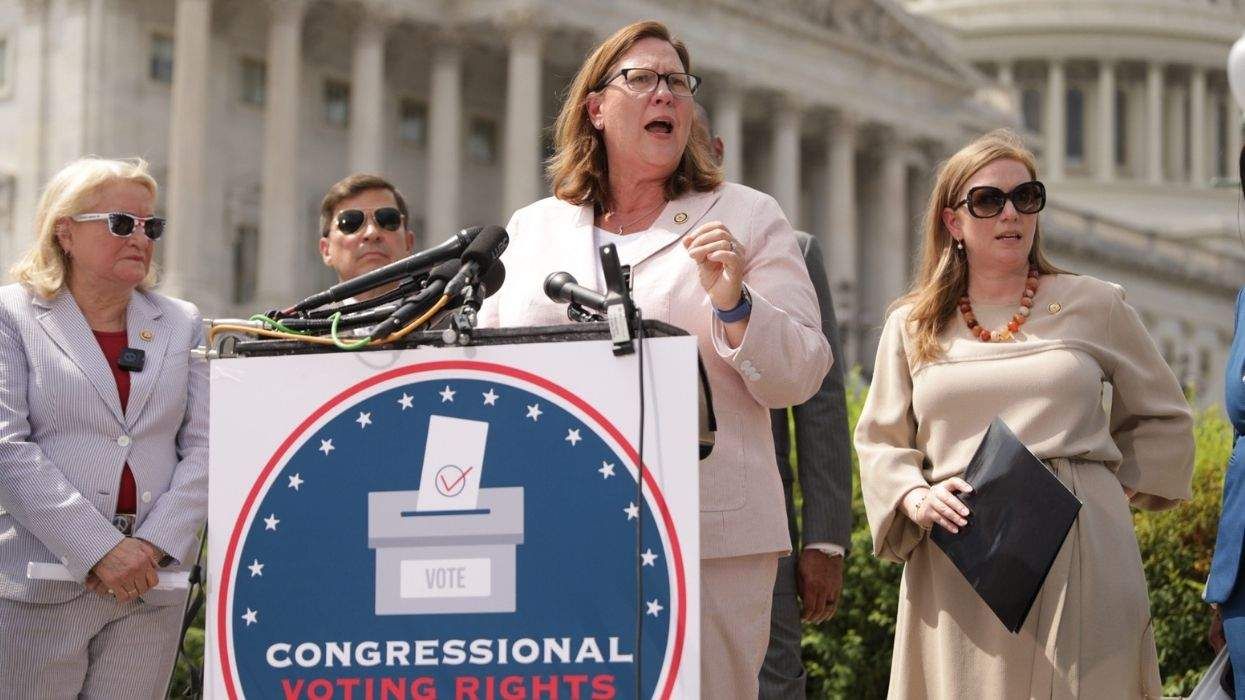





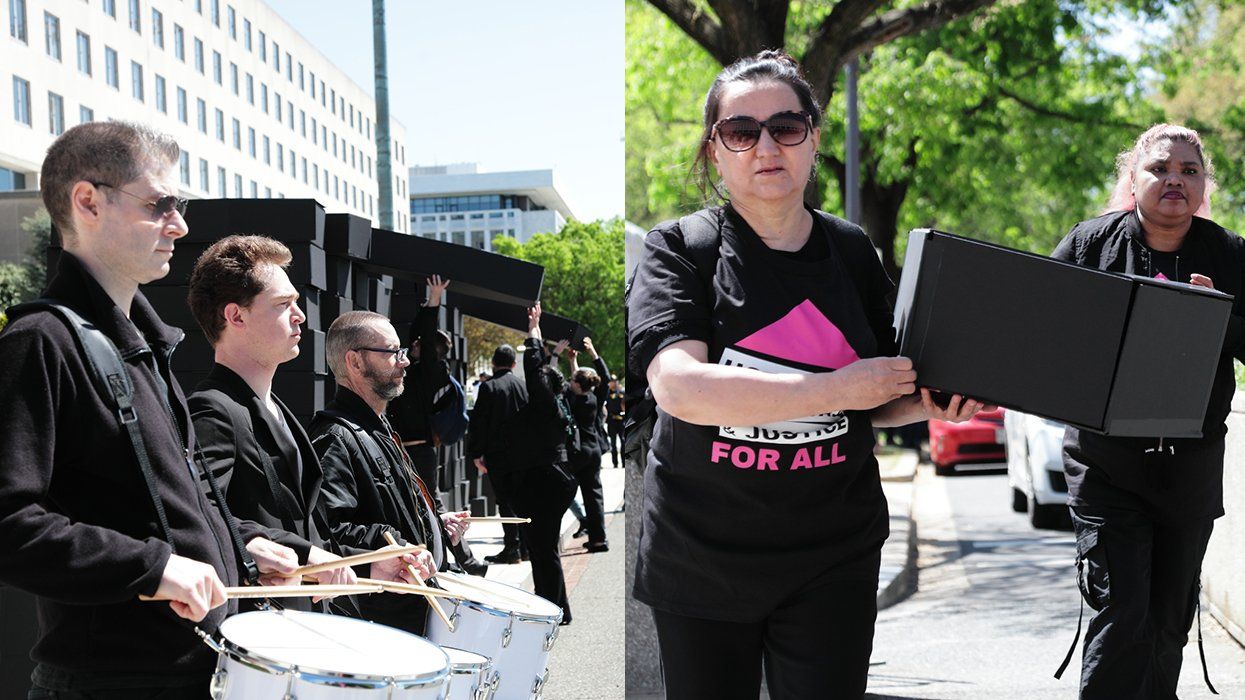
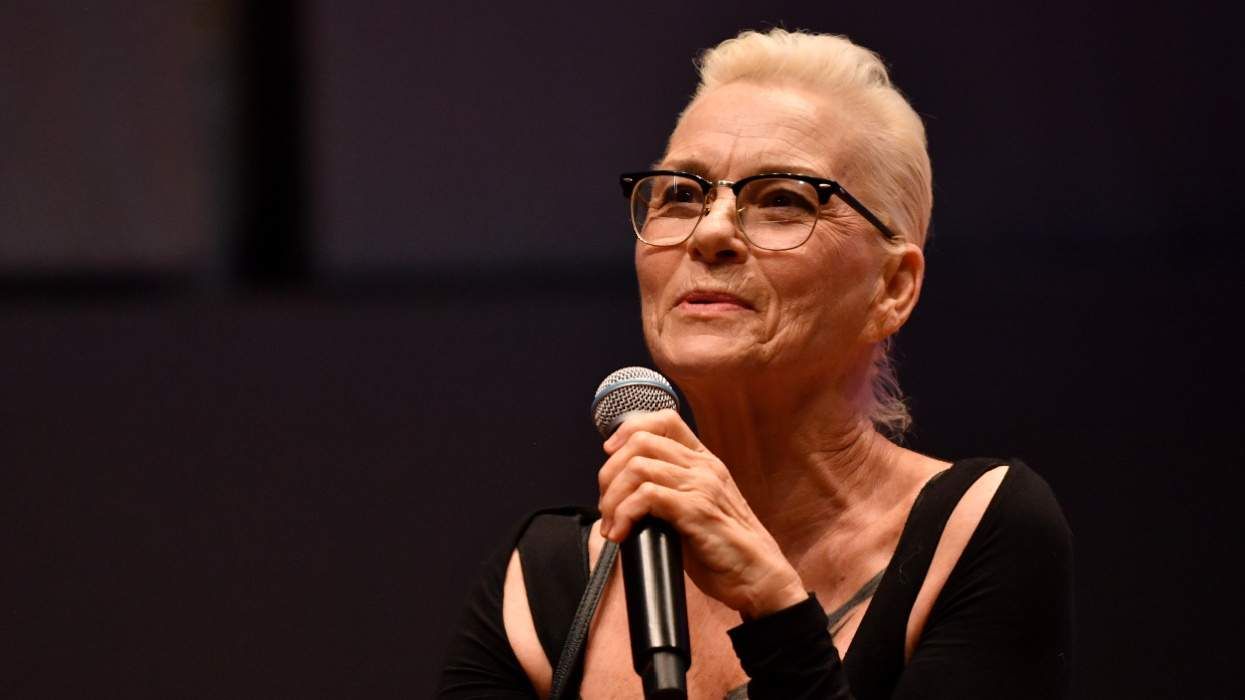






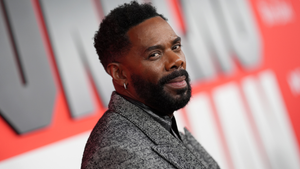










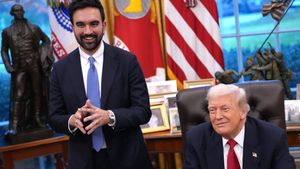
























Charlie Kirk DID say stoning gay people was the 'perfect law' — and these other heinous quotes